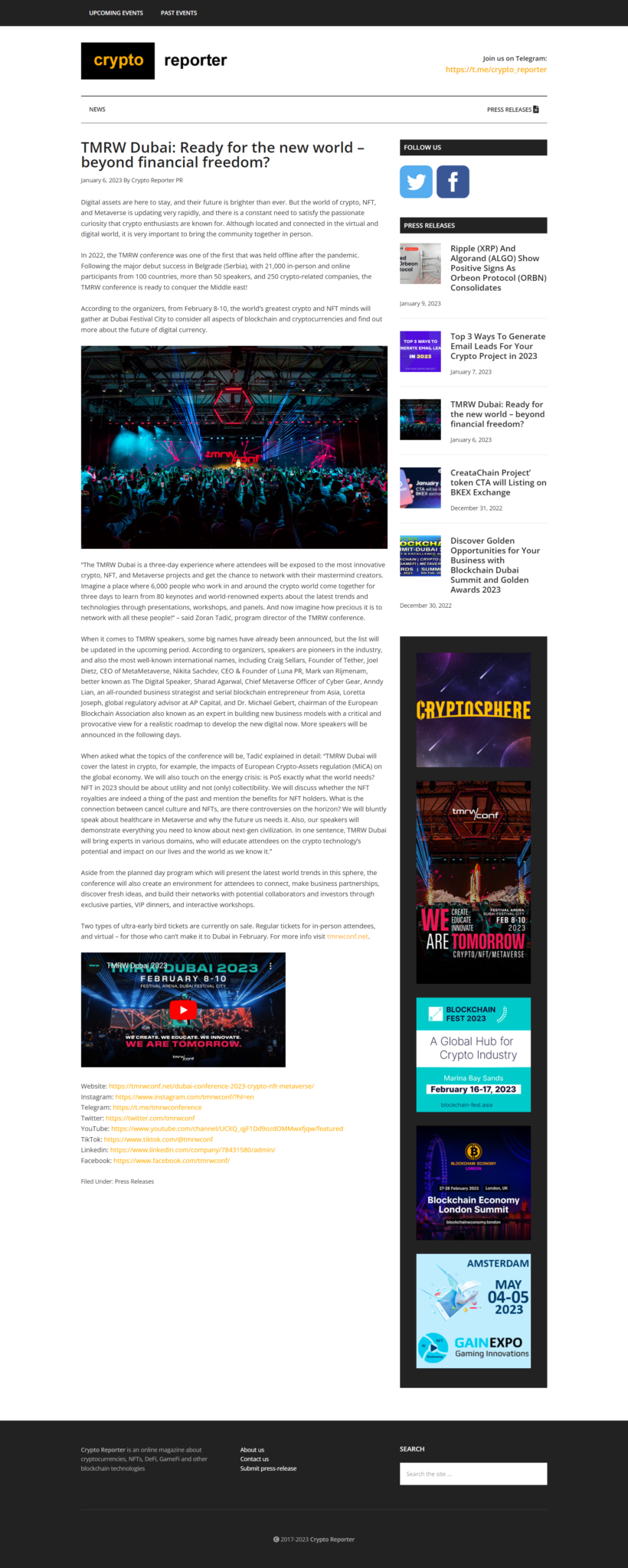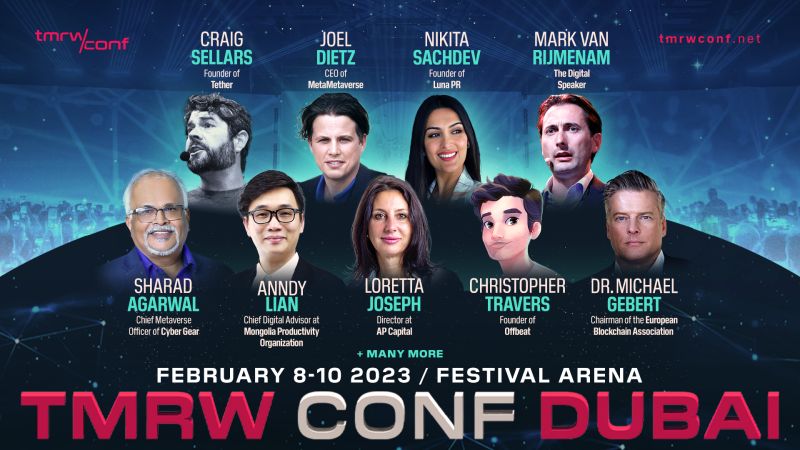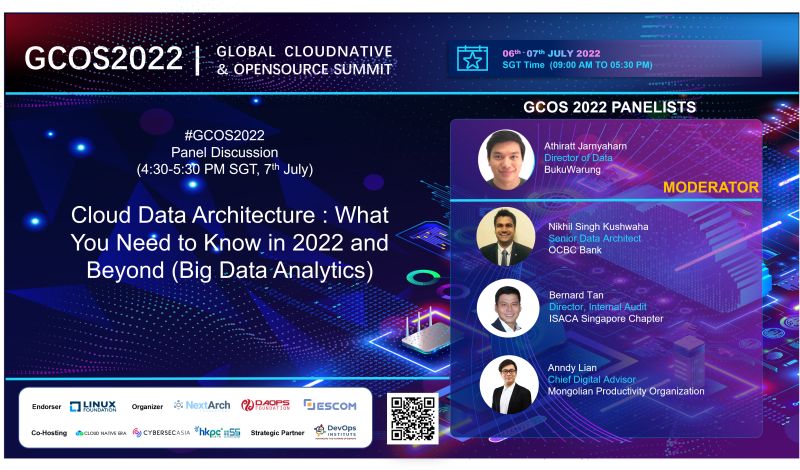While in the early years of crypto involvement in the charity sector may have come across as a little gimmicky if well-intentioned, the advantages of using cryptocurrency for NGOs and charities come with real-world use cases, from monitoring donations with complete transparency over the blockchain to improving trust with donors at scale. In addition, this capability underlines a broader point that fundraising can be transformed globally by allowing charities to accept payments without the prohibitive cost of foreign exchange and transaction fees. And at another level, for charities working in hard-to-reach parts of the world, the ability to replace fiat currency with crypto alternatives from Bitcoin to stablecoins to pay for staff and running costs have already paid off in places like Afghanistan.
The maturation of mainstream charities using crypto for fundraising is reflected in well-known names such as UNICEF using platforms such as The Giving Block to accept Bitcoin, Ethereum, and other cryptocurrency donations. According to the Global NGO Technology Report, while currently cryptocurrency donations represent less than 5% of the payment methods used for charitable donations, there’s been a +100% growth in some countries. It is estimated that more than 13,300 BTC had been donated to charities implementing this payment method. The US-based Giving Block also reports other advantages of using crypto for their charity users, including the organizational-wide benefit of raising their profile within the sector by accepting crypto to attract crypto philanthropist’s attention.
While it may seem crypto startup efforts to harness tokenomics for charitable causes are just getting started, one initiative built on sustainable foundations and a strong team is Elongate. Its mission is to “leverage community action and blockchain technologies to grow a global movement that defies the status quo and makes profitability intrinsically linked to positive social impact.” Elongate has raised $3.25 million for notable NGOs like Children International, Human Relief Foundation, and Action Against Hunger. While just recently, it announced a seed donation to the Malala Fund, a fund “dedicated to working for a world where every girl can learn and lead.” Moving into its next phase of growth, Elongate in July announced a partnership with The Giving Block, intending to educate charities “about the untapped potential of cryptocurrency projects in creating social impact enabled by blockchain technologies”.
What Elongate’s total of over $3 million in donations in the last three months demonstrates is the importance of a well-thought-through framework for crypto use. Elongate’s system allows for both significant contributions to charity while rewarding its token holders a percentage of every transaction that occurs. Every time a purchase or sale happens, all existing token holders receive a portion of the transaction fees. The way it works is when you buy the Elongate token; a 10% fee is applied. So, for example, if you put in $100, you’ll receive $90 in the token. Of the remaining $10, the funds supporting the token get half. The other $5 is distributed among all the token holders. In other words, as you hold Elongate tokens, you earn the rewards from all other transactions.
As well as enabling individual donations and leveraging community action Elongate is soon to roll out a charity and consumer management platform, which it claims will be a first-of-its-kind marketplace that will bring together charities with organizations and individuals. “This platform will allow enterprises, consumers, and charities to receive, transfer and manage funds and donations in a transparent way. Donations or funds (BTC, BNB, and others) will be able to get traced to a specific project or person, for full transparency and accountability,” the charity confirmed. From the whitepaper, it’s clear their vision “to forge a revolutionary social impact ecosystem on the blockchain” doesn’t stop there. By buying Elongate tokens, members can vote on which projects to donate to using a community vote platform.
To safeguard its future development, the EG Association, a social impact association of the Elongate token, added to their board members’ blockchain expertise with the appointment of BigONE Exchange’s Anndy Lian as a non-executive chairman. The EG Association describes itself as “the real-world gateway – governing social impact activities on the ground such as donations, sponsorships, social entrepreneurship, and community action”. Anndy Lian’s duties include providing leadership and advice to the board to support a decentralized board structure. President of the EG Association, Lorenzo Andree, added: “Besides his subject matter expertise, Anndy is an amazing human being who supports social impact in local communities.”
Another crypto-fueled charity project making progress is Madagascar, also based on the Binance Smart Chain and Elongate. Besides donating to other charities, it also has charitable projects, such as planting trees in Madagascar. Indeed, the recently launched crypto startup got its name due to Madagascar’s climate vulnerability, using a lemur as its logo to symbolize the animals’ population decline. In addition, their crypto token $TIME was named to “underscore the immediate need for action to save our planet and safeguard the lives of future generations”.
The Madagascar team has set a goal to drive positive change while providing entertainment and games for its users. The current $TIME app is called “Spin the Wheel and Match Cards,” the first step for the planned casino. With plans to create games around lemur based NFT avatars that can be bought and traded to raise money for charity.
Donations are also going worldwide to places like Turkey, China, and Greece. These international projects focus on social issues from impoverished new mothers, children’s medical needs, and wildlife conservation. For example, co-founder and CMO of Madagascar Time, Ryan Bishop, said: “It’s about ‘$TIME’ an organization started using blockchain technology and crypto to change the world for the better.” The startup has donated more than $30,000 since July 1 to the Salvation Army’s Emergency Disaster Relief fund, the California Wildfire Emergency Relief fund, and planted 4,000 of a planned 1 million trees.
With a similar tokenomics to Elongate, the Madagascar team uses crypto for fundraising and enables token holders to raise funds as they trade. As outlined in the startup’s whitepaper: “Our crypto-project goal regarding the process of raising funds is making a bridge between a large stream of money and NGO’s/initiatives that need that money. So on one side, we have our investors who agreed when they traded our token that 2% goes to charity, and on the other side, we have different sorts of organizations we are going to fund with ‘charity wallet’ money.”
Also focused on the importance of environmental campaigning is UK-based crypto startup Save Planet Earth (SPE), launched in 2021, aiming to plant one billion trees through its crypto token. With the broader aim of tackling climate change through tree planting, their ambitious plan is to develop their carbon credit exchange. This exchange will sell carbon credits in the form of non-fungible tokens (NFTs). The aim is that the revenue generated from these carbon credits will fund more carbon capture projects to make the financially self-funding.
Save Planet Earth’s founder, Imran Ali, explained their carbon credit goals: “Our ultimate plan with the $SPE token, other than carbon offsets, is for it to be the currency of the carbon exchange we’re developing; individuals and organizations alike, will be able to use our token to buy carbon credits off of us, and other companies that choose to exchange their carbon credits on our market.” In their first four months, Save Planet Earth included tree planting contracts for one million trees in the Maldives and a hundred million trees in Sri Lanka, partnership with governments and NGOs.
Continuing the eco-charity theme is the SafeEarth crypto charity project, which recently announced they’d raised over $200,000 in charity donations this year. Also, using a DeFi approach to raising money, people want to do so by buying the SafeEarth token. The token is designed to reward holders while increasing both liquidity and value. It does this by applying a 4% tax on transactions. One percent of the tax goes toward eco-initiatives.
In addition, through this token, each holder is given a chance to vote on upcoming charitable incentives, with the charity with the most votes receiving the donations. Current charities supported range from The Ocean Cleanup, which aims to clean up the Great Pacific Garbage Patch and reduce the chances of more plastic waste entering the oceans by capturing them from rivers globally. In addition, the Water Project offers financial support and training to people in sub-Saharan Africa to build their water supply and purification systems.
As a part of SafeEarth’s plan to raise awareness for ecological causes, they’ve also started a #PlasticChallenge on Twitter, urging people to eliminate plastic waste. The challenge launched earlier this year rewards users from a prize pool of $3,600 in SafeEarth tokens. Since the challenge began, the startup reported, “the SafeEarth token has been listed on the number one DEX Uniswap, recorded $3 million in trading volume and locked away more than $1.5 million in liquidity”. Other milestones for Q3 include staking and mining, achieving listings on mainstream crypto exchanges, and developing the SafeEarth ecosystem.
While the early years of crypto saw a great deal of optimism about the role these trustless platforms could play, acting without the need of intermediaries, it’s been a slow process of implementing these benefits in the charity sector. But as these use cases show, several token-driven startups have started to impact the charity sector more recently. Marrying tokenomics with donations to harness the enthusiasm of the broader crypto community for doing good is a framework that appears to be working. While Save Planet Earth’s use of NFTs for carbon credit exchanges shows, there are other creative crypto uses available to charities with the growth of the NFT market over the last 12 months.
“Innovative crypto and blockchain have the power to change lives around the world, and none more so with the use of these decentralized technologies to support charity causes.” #anndysays
Shorten version: https://www.securities.io/crypto-startups-delivering-change-in-the-charity-sector/


Anndy Lian is an early blockchain adopter and experienced serial entrepreneur who is known for his work in the government sector. He is a best selling book author- “NFT: From Zero to Hero” and “Blockchain Revolution 2030”.
Currently, he is appointed as the Chief Digital Advisor at Mongolia Productivity Organization, championing national digitization. Prior to his current appointments, he was the Chairman of BigONE Exchange, a global top 30 ranked crypto spot exchange and was also the Advisory Board Member for Hyundai DAC, the blockchain arm of South Korea’s largest car manufacturer Hyundai Motor Group. Lian played a pivotal role as the Blockchain Advisor for Asian Productivity Organisation (APO), an intergovernmental organization committed to improving productivity in the Asia-Pacific region.
An avid supporter of incubating start-ups, Anndy has also been a private investor for the past eight years. With a growth investment mindset, Anndy strategically demonstrates this in the companies he chooses to be involved with. He believes that what he is doing through blockchain technology currently will revolutionise and redefine traditional businesses. He also believes that the blockchain industry has to be “redecentralised”.






